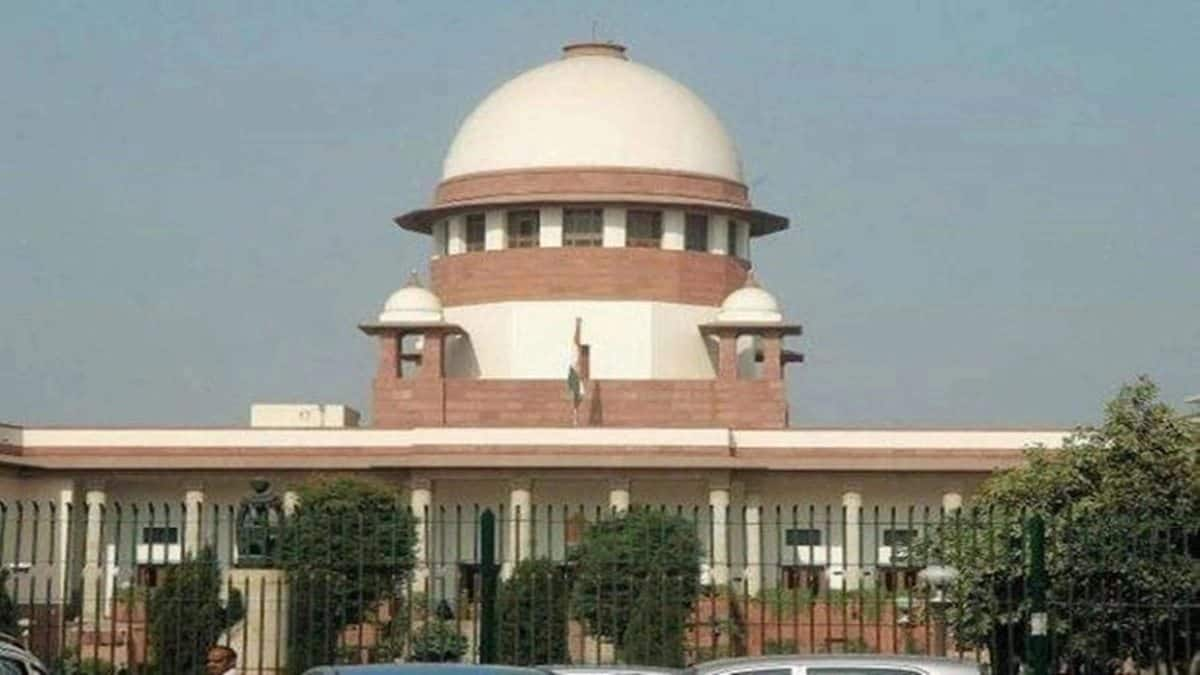Sharing documents with RIL: SC to hear Sebi review plea today
The Supreme Court will hear on Thursday Sebi’s petition seeking review of its earlier judgment that had directed the market regulator to share certain documents which Reliance Industries (RIL) claims will exonerate it and its promoters from criminal prosecution initiated in a case related to the alleged irregularities in the acquisition of its shares between 1994 and 2000.
The Securities and Exchange Board of India (Sebi) has been opposing RIL’s plea and had rejected its request for the “privileged” documents on the grounds that under the Sebi (Settlement Proceedings) Regulations, the accused company had no right to seek information from it.
So far, the market regulator has not shared the three documents – the two legal opinions by former SC judge BN Srikrishna and the former ICAI president YH Malegam’s report which examined the irregularities — that the SC had on August 5 asked it to share “forthwith”, thus prompting RIL to file a contempt petition against Sebi and its authorised representative Vijayan A.
“The duty to act fairly by Sebi is inextricably tied with the principles of natural justice, wherein a party cannot be condemned without having been given an adequate opportunity to defend itself,” the apex court said.
The Ambani firm says Sebi had obviously “misadvised itself” in assuming that its compliance with the judgment is a matter of discretion and on which it can see advice. Even RIL’s contempt petition against Sebi is yet to be taken up for hearing by the SC.
Chartered accountant S Gurumurthy had filed a complaint with Sebi in 2002 alleging fraud and irregularities by RIL, its associate companies and their directors/ promoters, including Mukesh Ambani and his wife Nita; Anil Ambani and his wife Tina; and 98 others in the issue of two preferential placement of non-convertible debentures in 1994.
Sebi had alleged that RIL along with Reliance Petroleum had “circuitously funded the acquisition of its own shares” in violation of Sections 77 and 77A of the Companies Act, 1956 and the market regulator’s then takeover code, among various other regulations.
